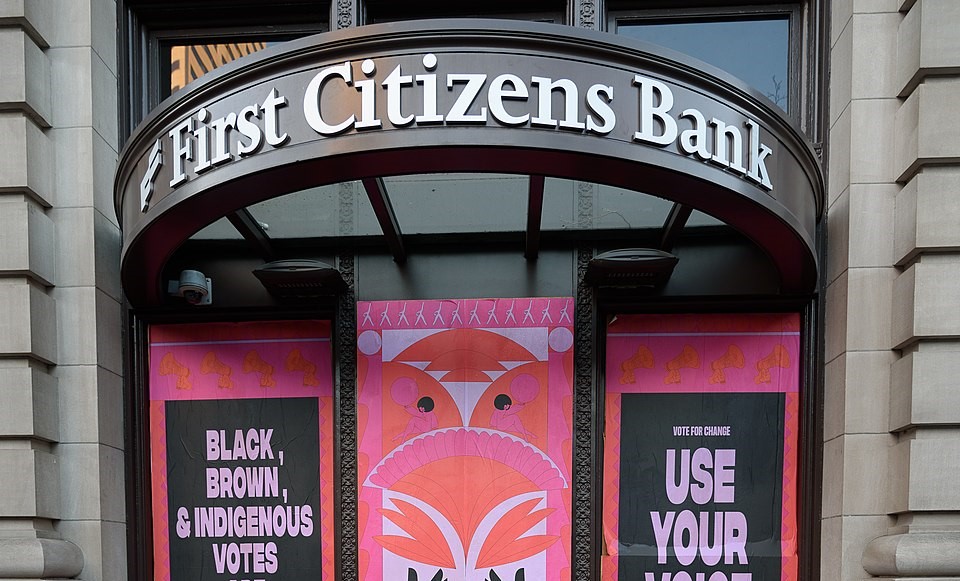
First Citizens Bank to buy Silicon Valley Bank loans, deposits from FDIC

The North Carolina-based First Citizens BancShares Inc has agreed to buy and assume all deposits and loans of the former Silicon Valley Bank, a Federal Deposit Insurance Corporation (FDIC) press release stated on Monday (March 27 India time).
The release said that all 17 former branches of Silicon Valley Bank will open as First Citizens Bank and Trust Company on March 27, 2023. Customers of Silicon Valley Bank can continue to use their current branch until they receive further notice from First Citizens Bank and Trust Company. Depositors of Silicon Valley Bank will automatically become depositors of First Citizens.
Also read: HSBC buys UK arm of Silicon Valley Bank for 1 pound; Bank of England backs move
According to the release, Silicon Valley Bank had around $167 billion in assets and about $119 billion in deposits on March 10. The transaction with First Citizens included the purchase of about $72 billion of Silicon Valley’s assets at a discount of $16.5 billion. Around $90 billion in securities and other assets will remain with the FDIC for disposition.
The FDIC also received equity appreciation rights in First Citizens BancShares’ common stock with a potential value of up to $500 million.
Loss-share transaction
The FDIC and First Citizens have entered a loss-share transaction on the commercial loans of Silicon Valley Bank. The two entities will share the losses and potential recoveries on the loans as part of the agreement. This transaction is aimed at maximising recoveries on assets by keeping them in the private sector. It is also expected to minimise disruptions for loan customers.
Also read: US swoops in to protect SBV deposit holders; Signature Bank also shuts down
The FDIC estimates the cost of Silicon Valley’s collapse to its deposit insurance fund (DIF) to be around $20 billion.
First Citizens Bank has more than $100 billion in total assets and more than 500 branches across 22 US states.


